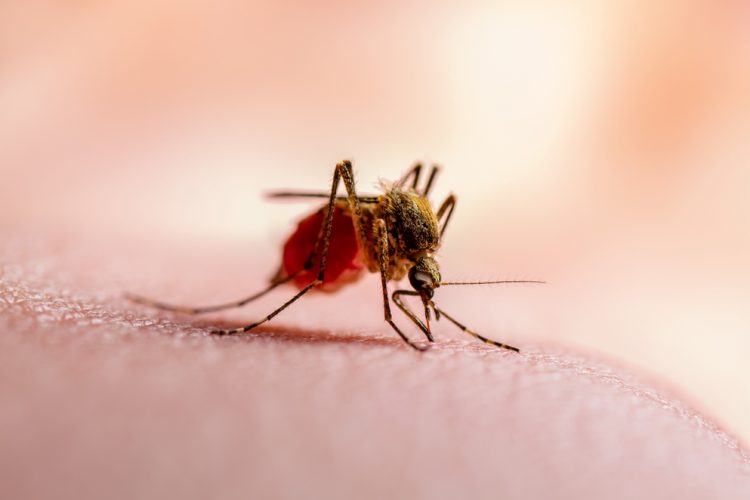Adding RPL6 protein to vaccine prevents malaria in mice, find researchers
Posted: 18 May 2020 | Victoria Rees (Drug Target Review) | No comments yet
Researchers have shown that adding the RPL6 protein to malaria vaccines was successful at protecting mice against the condition.


Researchers have revealed that adding a particular ingredient – a protein known as RPL6 – to malaria vaccines could offer complete protection against the disease.
According to the researchers from Australia, RPL6 is an essential component of the malaria parasite, which makes the it ‘visible’ to T cells in the liver. Adding the protein to an existing vaccine strategy, the researchers tested their ‘prime and trap’ technique in mice to show that the combination was successful at preventing malaria.
The current study builds upon the 2016 discovery that demonstrated the existence of T cells resident in the liver that can efficiently protect against malaria, leading to the development of the ‘prime and trap’ vaccination strategy.
This vaccine works in two stages. The first, a priming stage, sets the immune response in motion, boosting the army of malaria-specific T cells in the body and helping to attract them to the liver. The second trapping stage pulls an abundance of these T cells into the liver and then converts these cells into liver-resident T cells to permanently guard the liver from malaria infection.
The research team believe this breakthrough advances understanding of the requirements for protective immunity to malaria; a significant question that has been baffling scientists for decades.
Dr Daniel Fernandez-Ruiz, from the Doherty Institute (a joint venture between the University of Melbourne and The Royal Melbourne Hospital), said identifying specific antigens that can be used in a vaccine has been an enormous challenge in malaria research.
“With more than 200 million cases of malaria each year and almost half a million deaths, many of them children under the age of five, the need for a malaria vaccine is urgent. Our discovery is a significant step forward in our efforts to produce an effective and efficient vaccine, which completely protects mice against infection by malaria parasites,” said Dr Fernandez Ruiz.
Associate Professor Irina Caminschi from the Monash Biomedicine Discovery Institute said: “By uncloaking the parasite and engineering an army of immune cells ready to kill parasite-infected cells, we effectively nipped the disease in the bud. This study has opened the door for further research, such as identifying equivalent malaria antigens that are protective for humans, taking us one step closer to developing an effective malaria vaccine.”
The research was published in Cell Host & Microbe.
Related topics
Drug Development, Immunology, Protein, Proteomics, Research & Development, Vaccine
Related conditions
Malaria
Related organisations
Doherty Institute, Monash Biomedicine Discovery Institute, Royal Melbourne Hospital, University of Melbourne
Related people
Associate Professor Irina Caminschi, Dr Daniel Fernandez-Ruiz


